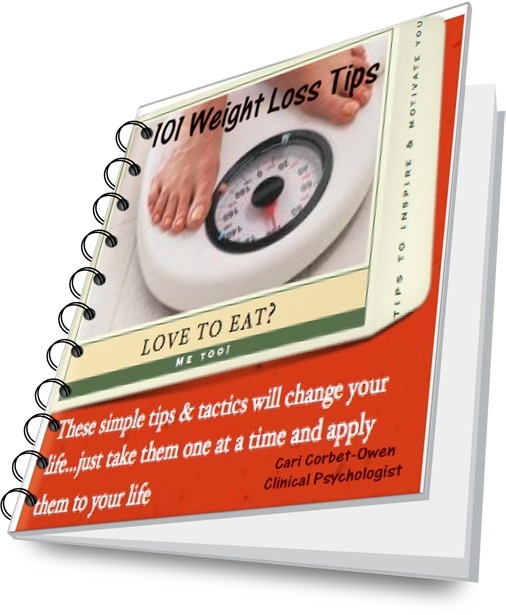What to Know About Intuitive Eating
1. What is Intuitive Eating?
- Intuitive eating is an anti-diet approach highlighting internal hunger and fullness as food preferences.
- It's about developing self-awareness, not external nutrition rules, to optimize health.
2. Main Principles of Intuitive Eating:
- Honor Hunger: Eat food when hunger emerges.
- Honor Fullness: Cease eating once feeling full.
- Emotional Eating Acknowledgment: Identify, acknowledge, and comfort emotions unrelated to hunger.
- Respect Your Body: Understand and accept its needs, shape, and size.
- Joyful Movement: Engage in physical activities for pleasure, not body control.
- Gentle Nutrition: Nourish your body through varied balanced diets, not dietary rules.
3. Benefits of Intuitive Eating:
- Healthier Relationship with Food: Reduce or avoid restrictive eating disorders and negative self-perceptions about foods.
- Improved Mental Well-being: Relieve stress, anxiety, and depression often linked with diet fixations.
- Sustainable Lifestyle: Develop a lifelong harmonious approach to eating without deprivation or excessive guilt.
- Increased Nutrient Consumption: Diverse nutritious food consumption based on body's demands fosters nourishment and health.
4. Challenges and Common Misconceptions:
- Restriction and Over-eating Concerns: Intuitive eating isn't about mindless over-eating, it's about mindful fulfillment of body needs.
- Social Pressures: Navigating external influences and pressures to adopt societal beauty ideals can be challenging.
- Emotional Eating Misinterpretation: Sometimes emotional needs overlap hunger signals. Develop mindfulness to distinguish between the two.
5. Intuitive Eating and Health:
- Scientific Evidence: Studies show improved outcomes in blood pressure, cholesterol, overall health, mood, and body weight.
- Individual Variances: While many benefit, some individuals might require more specialized diets for underlying medical conditions.
6. Seeking Support:
- Educate Yourself: Learn about intuitive eating principles and consult registered dietitians specializing in intuitive eating to ensure a well-informed journey.
- Support Groups: Join online or in-person support groups to connect with like-minded individuals who embrace intuitive eating.
7. Gradual Transition:
- Start by introducing one intuitive eating principle at a time to avoid overwhelm.
- Gradually incorporate more of the principles into your lifestyle as you become more comfortable.
8. Patience:
- Adopting intuitive eating may take time, especially if you're used to restrictive dieting. Be patient and persistent for lasting positive outcomes.
Remember, intuitive eating is about fostering a nourishing and respectful relationship with food, embracing self-care, and promoting general well-being.
-
id like to eat better
Questionhi, i am 18 and i want to join the air force. ive been tr
-
Fat sensitive
QuestionDianne I am a male, 55. I have found that I am very sensi
-
white kidney bean extract
QuestionThe pills are sold as yet another diet pill but my intere
-
im too skinny
Questionim 16 years old and i need to gain weight but also gain m
-
Runner/Jogger needs extra calories
QuestionIm a 22 year old male who recently I lost about 15 pounds
-
Sugar Intake
QuestionHi Tom, I have a question relating to sugar intake. Acco



